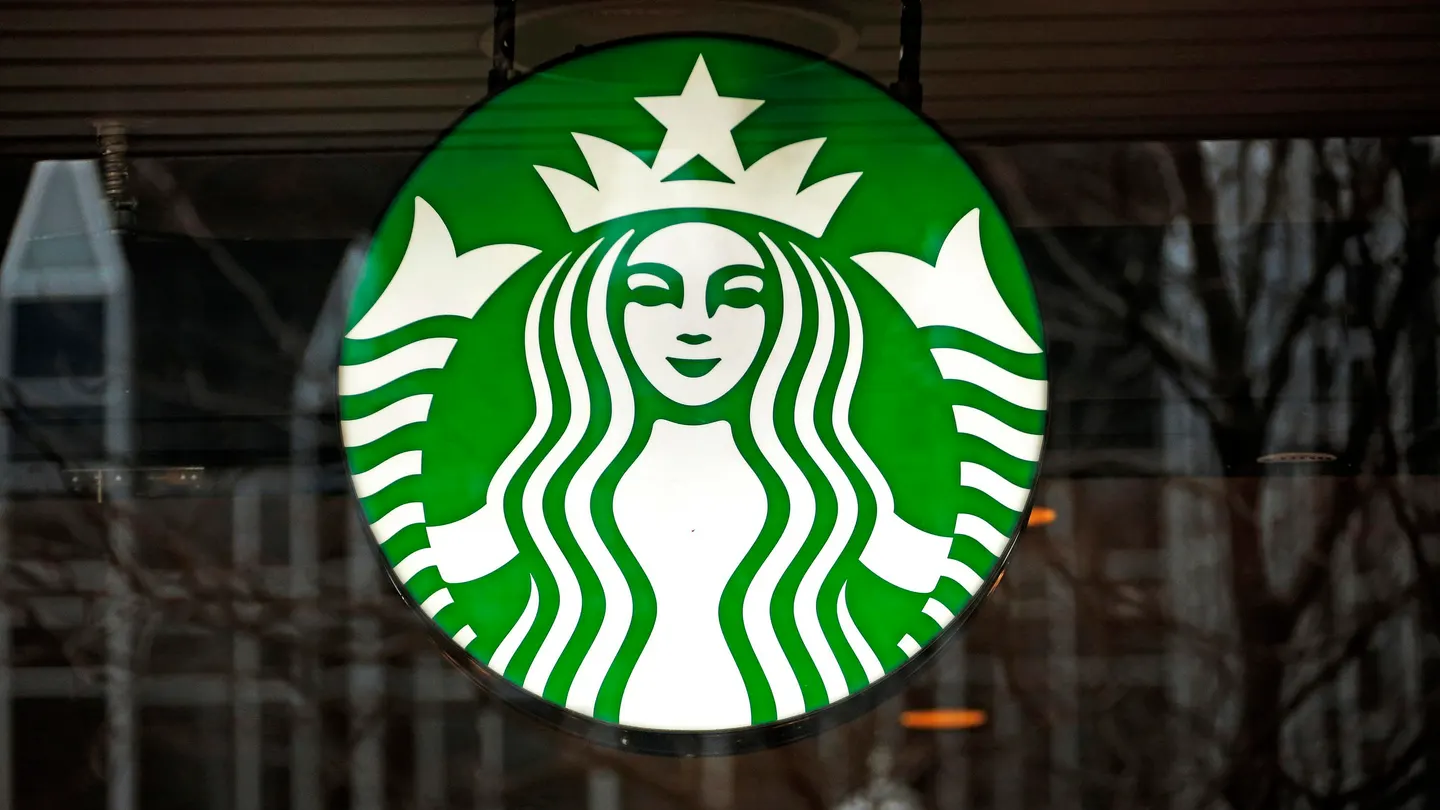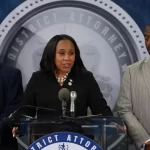- Home
- Billionaires
- Investing Newsletters
- 193CC 1000
- Article Layout 2
- Article Layout 3
- Article Layout 4
- Article Layout 5
- Article Layout 6
- Article Layout 7
- Article Layout 8
- Article Layout 9
- Article Layout 10
- Article Layout 11
- Article Layout 12
- Article Layout 13
- Article Layout 14
- Article Sidebar
- Post Format
- pages
- Archive Layouts
- Post Gallery
- Post Video Background
- Post Review
- Sponsored Post
- Leadership
- Business
- Money
- Small Business
- Innovation
- Shop
Recent Posts
Starbucks Must Rehire Buffalo Staff Amid Legal Pressure

In a landmark decision reverberating through labor rights circles, a National Labor Relations Board (NLRB) administrative law judge, Robert Ringler, ruled that Starbucks Corporation illegally terminated several Buffalo-area employees for their involvement in unionization efforts. The ruling, detailed in a 60-page document, represents a significant victory for the emboldened Starbucks Workers United, a union that originated in Buffalo in 2021 and has since proliferated to stores nationwide.
Judge Ringler’s findings, announced on Tuesday, expose Starbucks’ contravention of federal labor laws by dismissing nine employees across multiple Buffalo locations due to their union activities. Additionally, one employee, advocating for unionization, reported being constructively discharged after purportedly facing managerial obstruction regarding schedule accommodations and time-off requests.
Among the cases delineated in the ruling, instances emerged where employees were terminated under questionable pretexts. One pro-union worker was allegedly fired for unilaterally closing a store due to staffing shortages, despite another coworker making the decision. Similarly, another employee faced dismissal for tardiness, despite inconsistent attendance discipline practices at their location.
Furthermore, Judge Ringler condemned Starbucks for unlawfully attributing staffing and scheduling issues to union activities, with implicit threats of store closure. The ruling mandates the reinstatement of terminated employees and the provision of back pay.
While the decision awaits full adoption by the Labor Board and subsequent enforcement via federal courts, Starbucks spokesperson Andrew Trull expressed the company’s disagreement with Judge Ringler’s recommendations. Trull stated that Starbucks remains committed to operating within established legal frameworks and maintaining responsiveness to all employees, irrespective of union affiliation.
Trull referenced a third-party inquiry conducted in December, which found no substantiation of Starbucks employing an “anti-union playbook.” The assessment purportedly affirmed the company’s assurance of respecting employees’ right to organize through fair elections, with disciplinary actions purportedly administered equally across unionized and non-unionized stores.
Reacting to the ruling, Victoria Conklin, one of the affected employees, voiced her conviction that her dismissal was unlawful, acknowledging the risks associated with advocating for unionization within the company.
The ruling’s implications extend beyond Buffalo, encompassing Starbucks locations that were early adopters of unionization nationwide. Starbucks has faced recurrent accusations of anti-union conduct, with previous rulings aligning with Judge Ringler’s findings. Despite these allegations, Starbucks, including former CEO Howard Schultz, has staunchly defended its labor practices.
In a separate legal development on the same day, another NLRB administrative law judge determined that Starbucks violated labor laws by terminating two pro-union employees in Colorado, further accentuating the company’s contentious relationship with labor rights advocates.
This ruling amplifies the ongoing debate surrounding labor rights within the coffee behemoth, with broader legal battles looming on the horizon. Starbucks is currently embroiled in a Supreme Court case stemming from allegations of illegal terminations in Memphis, Tennessee, challenging the NLRB’s processes. Moreover, tensions escalated between Starbucks and Starbucks Workers United following a legal spat over a pro-Palestinian social media post, showcasing the multifaceted nature of their disputes.
As Starbucks grapples with these legal setbacks, the rulings underscore a pivotal moment in the ongoing struggle for workers’ rights within the company and the broader context of corporate labor relations in the United States.
Recent Posts
Categories
- 193cc Digital Assets2
- 5G1
- Aerospace & Defense46
- AI37
- Arts3
- Banking & Insurance11
- Big Data3
- Billionaires477
- Boats & Planes1
- Business328
- Careers13
- Cars & Bikes76
- CEO Network1
- CFO Network17
- CHRO Network1
- CIO Network1
- Cloud10
- CMO Network18
- Commercial Real Estate7
- Consultant1
- Consumer Tech180
- CxO1
- Cybersecurity68
- Dining1
- Diversity, Equity & Inclusion4
- Education7
- Energy8
- Enterprise Tech29
- Events11
- Fintech1
- Food & Drink2
- Franchises1
- Freelance1
- Future Of Work2
- Games141
- GIG1
- Healthcare78
- Hollywood & Entertainment186
- Houses1
- Innovation42
- Investing2
- Investing Newsletters4
- Leadership65
- Lifestyle11
- Manufacturing1
- Markets20
- Media193
- Mobile phone1
- Money13
- Personal Finance2
- Policy567
- Real Estate1
- Research6
- Retail1
- Retirement1
- Small Business1
- SportsMoney33
- Style & Beauty1
- Success Income1
- Taxes2
- Travel10
- Uncategorized8
- Vices1
- Watches & Jewelry2
- world's billionaires446
Related Articles
Netflix Secures 2027 and 2031 Women’s World Cup Rights
Netflix has clinched an exclusive streaming deal for the next two FIFA...
By 193cc Agency CouncilDecember 20, 2024Meta Fixes Facebook, Instagram, WhatsApp Outages
Meta, the parent company of Facebook, Instagram, and WhatsApp, faced significant outages...
By 193cc Agency CouncilDecember 12, 2024Roy Jones Jr. Confident He Can Beat Jake Paul, Issues Challenge
Boxing legend Roy Jones Jr. has made waves by declaring that he’s...
By 193cc Agency CouncilDecember 11, 2024Tsunami Warning Lifted After 7.0 Quake Off California Coast
A tsunami warning that affected large portions of northern California and Oregon,...
By 193cc Agency CouncilDecember 6, 2024















Leave a comment